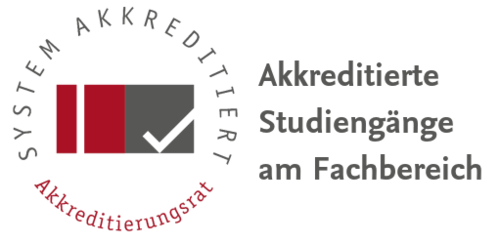Research
Current research projects
ERC Advanced Grant ZODIAC – Ancient Astral Science in Transformation (2021-2026)
Mathieu Ossendrjver (Principal Investigator), Andreas F. Winkler (stellvertretende Projektleitung)
The introduction of the zodiac to Babylonia was a turning point in the history of astronomy and astrology. This had an impact on science and culture that lives on to this day: the zodiac became the central concept for interpreting, predicting, calculating and representing celestial phenomena. The “mathematical turn” that came with it continues to shape science and everyday life to this day, and horoscopic astrology has become a global phenomenon. As early as ancient times, these innovations spread from Babylonia to Egypt, to the Graeco-Roman world, and beyond, continually transforming themselves to adapt to local scripts, languages, and traditions. Due to its involvement in social practices, philosophical theories, image programs or religious doctrines, it is a scientific and cultural-historical innovation of global importance for which there is no comprehensive explanation.
DFG project "Late Babylonian Mathematical Practices" (2020-2024)
Mathieu Ossendrijver (project manager)
Mathematical practices, e.g. counting, computing and measurement, played an important role in daily life and scholarship during the Late Babylonian period. The increasing use of mathematics in Babylonian astronomy, astrology, divination, healing practices, hermeneutics and cultic practices has influenced scholarly practices throughout the ancient world and beyond. Paradoxically, relatively little is known about Late Babylonian mathematical practices. Even for Babylon, the main center of Late Babylonian scholarship, mathematical practices are incompletely documented and have not been studied systematically. The project entails the first comprehensive study of Late Babylonian mathematical practices, including an edition of ca. 60 unpublished tablets from the Babylon-Sippar collection of the British Museum, roughly doubling the number of mathematical sources from that collection. The project investigates material, formal, epistemic, conceptual, diagrammatic, practical, contextual and institutional aspects of the tablets. It includes comparative investigations of Late Babylonian mathematical practices at Uruk and other sites, of Old Babylonian mathematical practices, and of the applications of mathematical knowledge in accounting, measurement practices and various areas of scholarship.
Completed research projects
DFG project "The planets in Mesopotamian culture: their conceptualization in the Akkadian literature of the 1st millennium BC, with a focus on planetary omens (Enūma Anu Enlil tablets 55, 57 and 58)" (2023-2025)
Maria Teresa Renzi-Sepe (project manager)
This project aims to understand the conceptualization of five planets—Mercury, Venus, Mars, Jupiter, and Saturn—in ancient Mesopotamia. It will accomplish this by analyzing a selection of Akkadian sources dated to the 1st millennium BC, specifically divinatory and astrological texts, which consistently demonstrate the significant interest of ancient Mesopotamia in what Assyriological scholarly literature has referred to as “astral science.” The planetary omens found in the Enūma Anu Enlil tablets 55, 57, and 58 will be of particular importance, and a new edition and analysis of these tablets will be produced as part of this project. By shedding light on the Mesopotamian conceptualization of the planets, this project will not only contribute to Assyriology but also to the broader history of science: the Mesopotamian understanding of the planets strongly influenced subsequent developments in the astral sciences of the Greco-Roman world and beyond—an area of study currently being explored by the “ZODIAC – Ancient Astral Science in Transformation” project.
The research project BabMed - Babylonian Medicine was conducted from 2013 to 2018 under the direction of Markham J. Geller (Principal Investigator) and J. Cale Johnson (Deputy Project Manager) at the Freie Universität Berlin. The corpora of medical cuneiform texts created as part of the project are available online on the BabMed website.
BabMed was the first comprehensive scientific research project on ancient Babylonian medicine. The medical cuneiform texts of ancient Mesopotamia are the most extensive corpus of ancient medical knowledge before Hippocrates. Since the vast majority of these texts are only available in the form of copies (autographs) - if they were published at all - they are not easily accessible to laypersons or specialists. One goal of the BabMed project was to make these texts accessible to both experts and the general public for the first time since cuneiform was deciphered.

